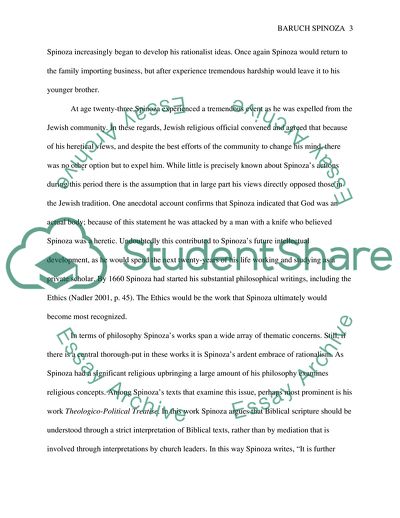Cite this document
(Baruch Spinoza: Philosophical Perspectives Coursework - 4, n.d.)
Baruch Spinoza: Philosophical Perspectives Coursework - 4. https://studentshare.org/philosophy/1785756-philosophy
Baruch Spinoza: Philosophical Perspectives Coursework - 4. https://studentshare.org/philosophy/1785756-philosophy
(Baruch Spinoza: Philosophical Perspectives Coursework - 4)
Baruch Spinoza: Philosophical Perspectives Coursework - 4. https://studentshare.org/philosophy/1785756-philosophy.
Baruch Spinoza: Philosophical Perspectives Coursework - 4. https://studentshare.org/philosophy/1785756-philosophy.
“Baruch Spinoza: Philosophical Perspectives Coursework - 4”. https://studentshare.org/philosophy/1785756-philosophy.


